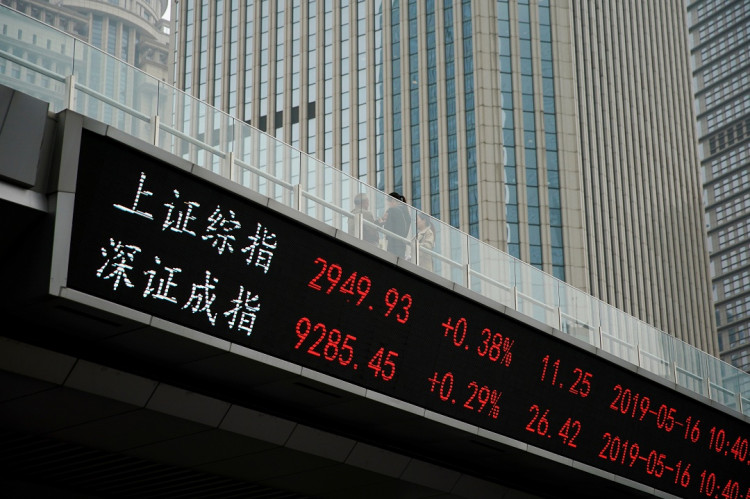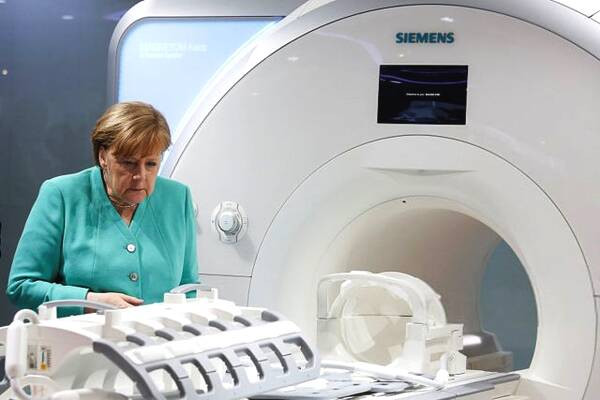Data show continuous growth of foreign investment in China. Last year's increase was the highest on record with 7.2 percent from 2017 which gave the country 478.33 billion yuan.
With the global transnational investment continuing to fall and all countries are having problems getting foreign investment, it also hadn't been easy for China to achieve such continuous economic growth.
A United Nations Conference on Trade and Development (UNCTAD) report shows global transnational investment falling from $1.9 trillion in 2015 to $1.3 trillion in 2018.
Now, with the protectionism, unilateralism and intensified investment and trade disputes, will these affect China's ability to attract and keep foreign investments?
Though "there is an impact," according to Zhang Yansheng, a chief research fellow with the China Center for International Economic Exchanges as he addresses the export-oriented companies transferring out of China, he assures, "it is generally controllable."
This is because through such transfer of foreign investments could reduce costs on their end, these companies face uncertainties like economic development, labor quality and industrial supporting capacity of the countries they're transferring to. No amount of ongoing protectionist measures of any country will make transferring out of China preferable under these circumstances.
The companies that usually move their production out of China have poor management resulting in their inability to meet the rising labor and land costs. Zhang points out that the relocation of those from the low-end manufacturing spectrum is a normal part of the evolution of the global industrial chain.
Because of China's measures to open up to foreign investments, China's electronics, communications equipment, and pharmaceutical manufacturing industries increased by 128 percent in the first half of 2019.
Increasing also is its research and development design services going up by 77.7 percent, scientific and technological achievement transformation services by 62.7 percent and information services by 68.1 percent, all showing China's appeal to high-level and high-quality investments.
Moreover, continuous development of the country of its talents resulted in citizens who can compete globally and do not only do research and development but also high-tech services to get employed by high-end manufacturing companies at a wage lower in comparison with other countries.
Likewise, with China opening up its consumption, the country's 1.4 billion people with the purchasing power of more than 400 million middle-income earners, there is no better market for foreign companies.
By decreasing the number of items subject to government approval and delegating powers for this purpose, strengthening the protection of foreign investments, implementing a larger scale of tax cuts and reductions and implementing the Foreign Investment Law, China had made it easy for foreign investors to come and stay in the country.







